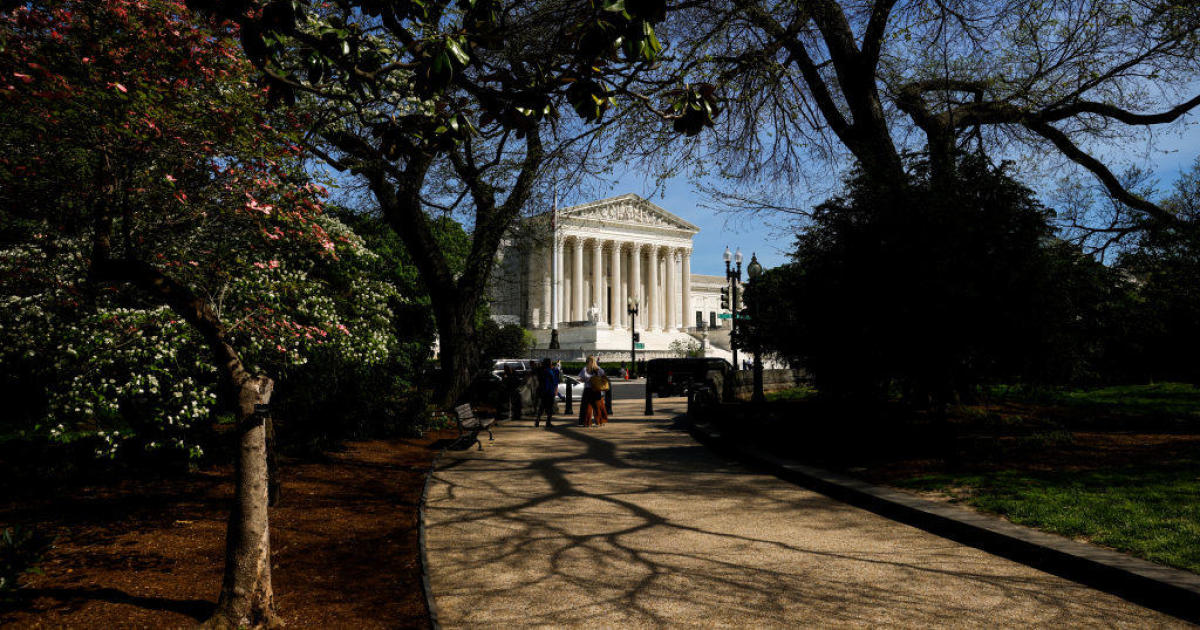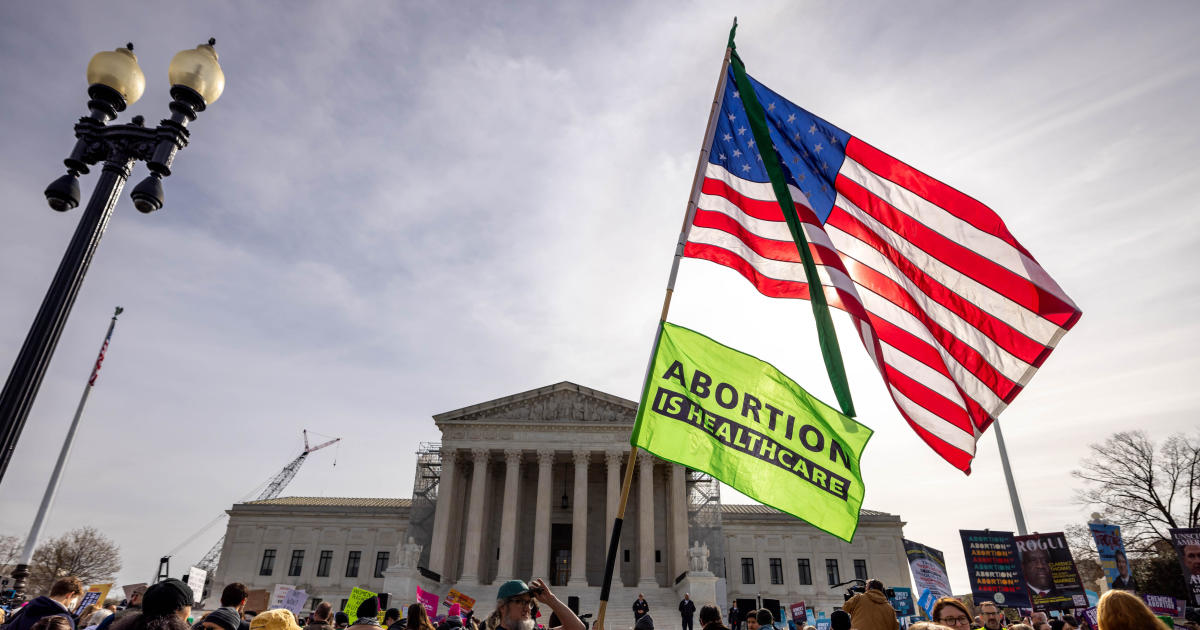Supreme Court kicks off second week of teleconference arguments
Washington — The Supreme Court kicked off its second week of arguments held remotely by teleconference because of the coronavirus pandemic, considering two sets of cases on Monday: one involving Indian reservations and another involving employment discrimination laws and religious institutions.
One hour was reserved for each of the arguments, and the justices posed questions in order of seniority, beginning with Chief Justice John Roberts and ending with Justice Brett Kavanaugh.
The first case before the justices, McGirt v. Oklahoma, raises the question of whether states can prosecute tribal members for crimes committed within historical tribal boundaries. The ruling from the court could have major implications because the justices will be deciding whether the eastern half of Oklahoma is Indian Territory.
The court heard a case raising the same question in its last term but did not reach a decision. Justice Neil Gorsuch recused himself, as he was involved in the case as a judge on the 10th U.S. Circuit Court of Appeals. Because this second dispute arrives at the Supreme Court from the Court of Criminal Appeals of Oklahoma, all nine members can participate, with Gorsuch appearing to be the crucial vote.
The case involves 71-year-old Jimcy McGirt, who is serving a 500-year prison sentence for molesting a child. Oklahoma state courts rejected his argument that his case does not belong in Oklahoma courts and that federal prosecutors should instead handle his case.
Several justices voiced concerns that a ruling for the tribe could have major consequences for criminal cases, but also tax and other regulatory issues. But Gorsuch suggested that what he called a "parade of horribles" has not materialized since the federal court ruling in the murder case.
Immediately following arguments in the legal battle over state prosecutions of tribal members, the Supreme Court considered two consolidated cases that raise the question of whether religious employers can be sued by employees for job discrimination.
Both disputes involve teachers at Catholic schools in California who sued their respective institutions for employment discrimination after their contracts were not renewed. Kristen Biel sued the St. James School, alleging a violation of the Americans with Disabilities Act because her contract was not renewed after she underwent breast cancer treatment. Agnes Morrissey-Berru, meanwhile, sued Our Lady of Guadalupe School, alleging age discrimination.
Federal district courts ruled in favor of the schools in both cases, saying they were shielded by the "ministerial exception" to workplace discrimination laws and that the teachers were "ministers" for the purposes of the exception, since they carried out religious functions.
The 9th U.S. Circuit Court of Appeals, however, disagreed and sided with the teachers.
The question for the justices is whether the schools are exempt from being sued as a result of a unanimous 2012 Supreme Court decision that said the Constitution prevents ministers from suing their churches for employment discrimination.
The so-called ministerial exception "ensures that control over religious functions lies with the church, not the state, to the great benefit of both," the schools have told the court. The schools argue that both women count as ministers, in part because they taught religion among other subjects. Lawyers for Morrissey-Berru and Biel disagree.
The court, like millions of Americans, government institutions and businesses, has been forced to change the way it conducts its business because of the coronavirus pandemic. As part of efforts to ensure the safety of the justices and court employees, the Supreme Court building has closed its doors to the public indefinitely and canceled oral arguments in cases scheduled for March and April.
For a select number of those cases, the technology-resistant Supreme Court decided to move into the digital age by holding arguments by telephone conference for 10 cases over six days in May. The court is also providing live audio of those sessions, a first for the institution that only rarely allows for same-day audio of high-profile disputes.
Among the cases heard remotely are a dispute over Obamacare's contraception mandate, argued last week, as well as closely watched fights over subpoenas for President Trump's financial records and faithless electors and the Electoral College, which will take place Tuesday and Wednesday, respectively.



